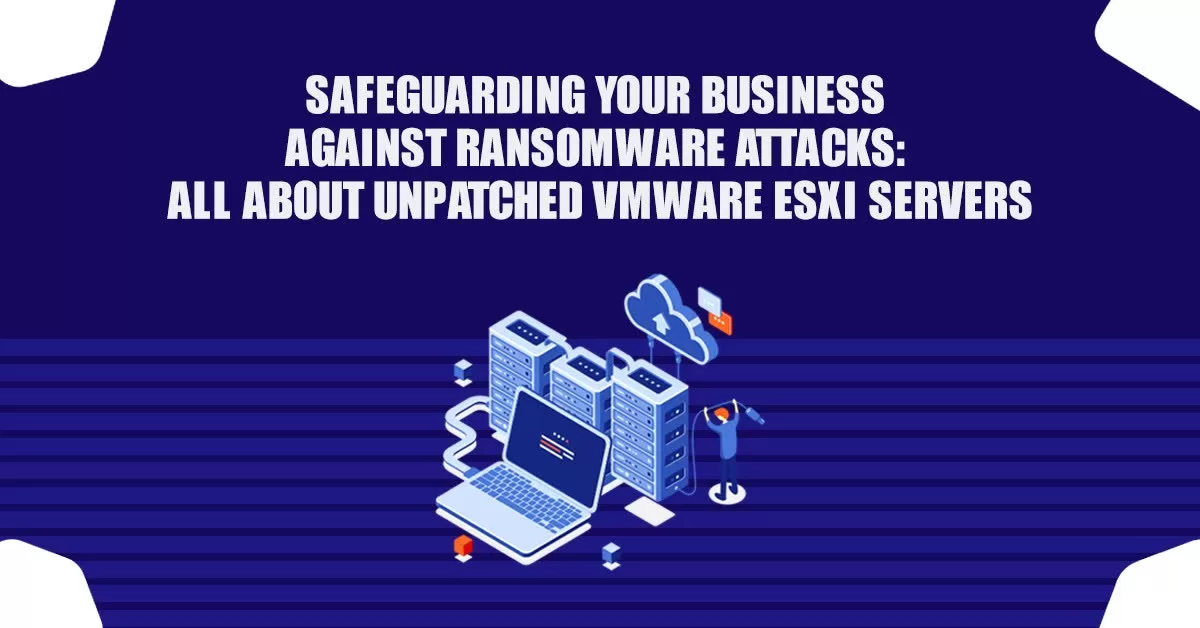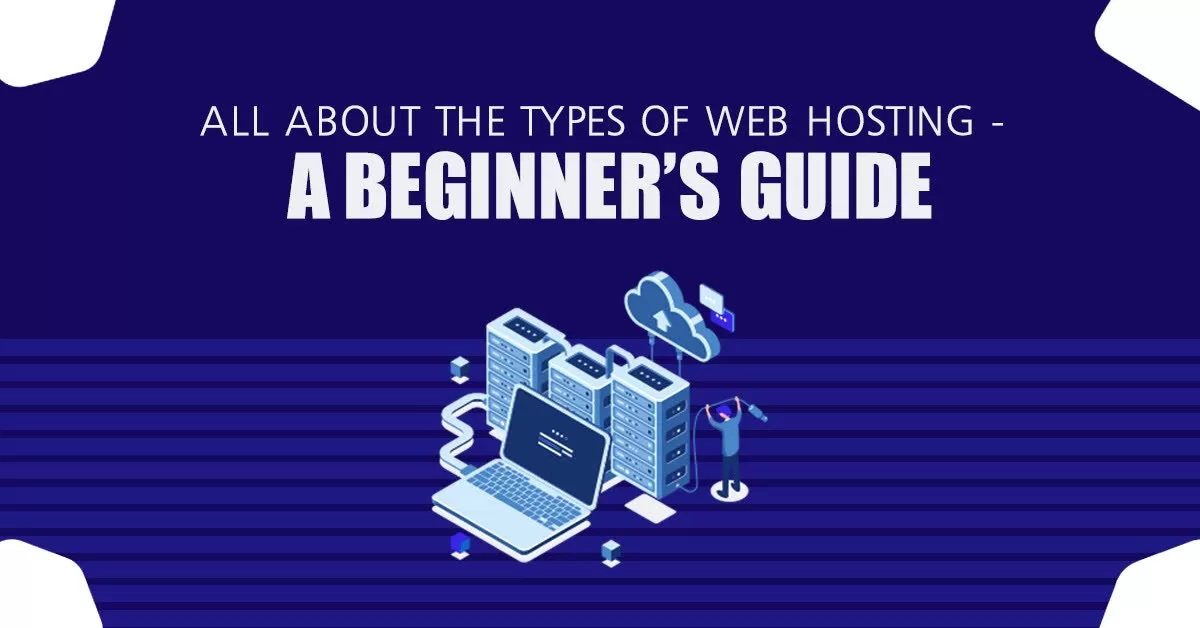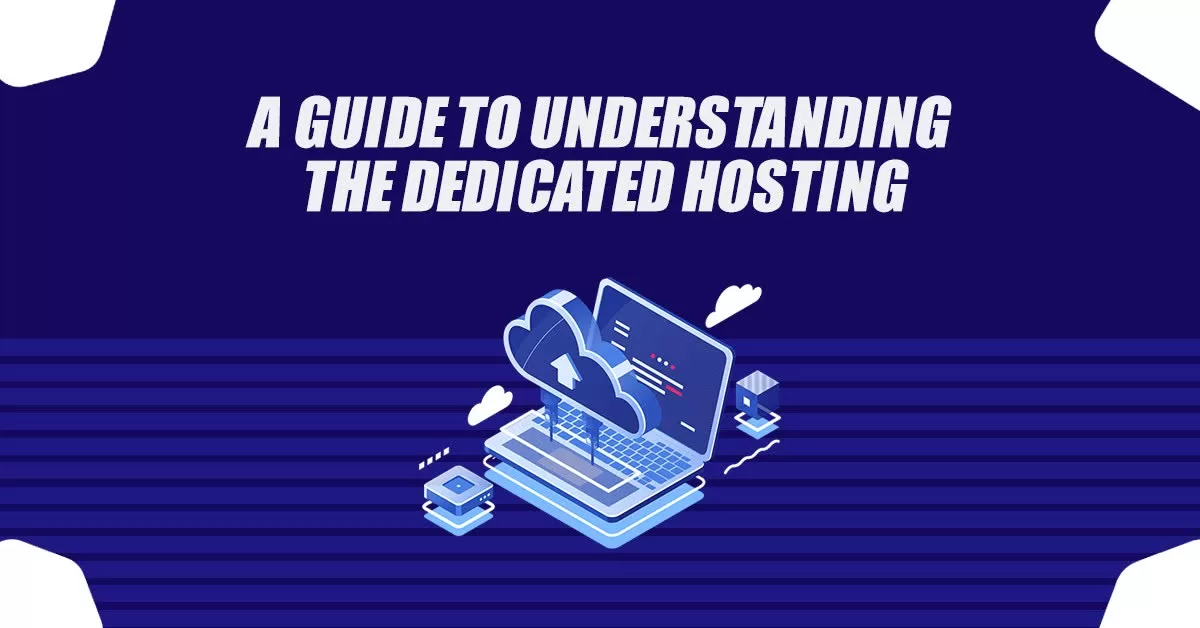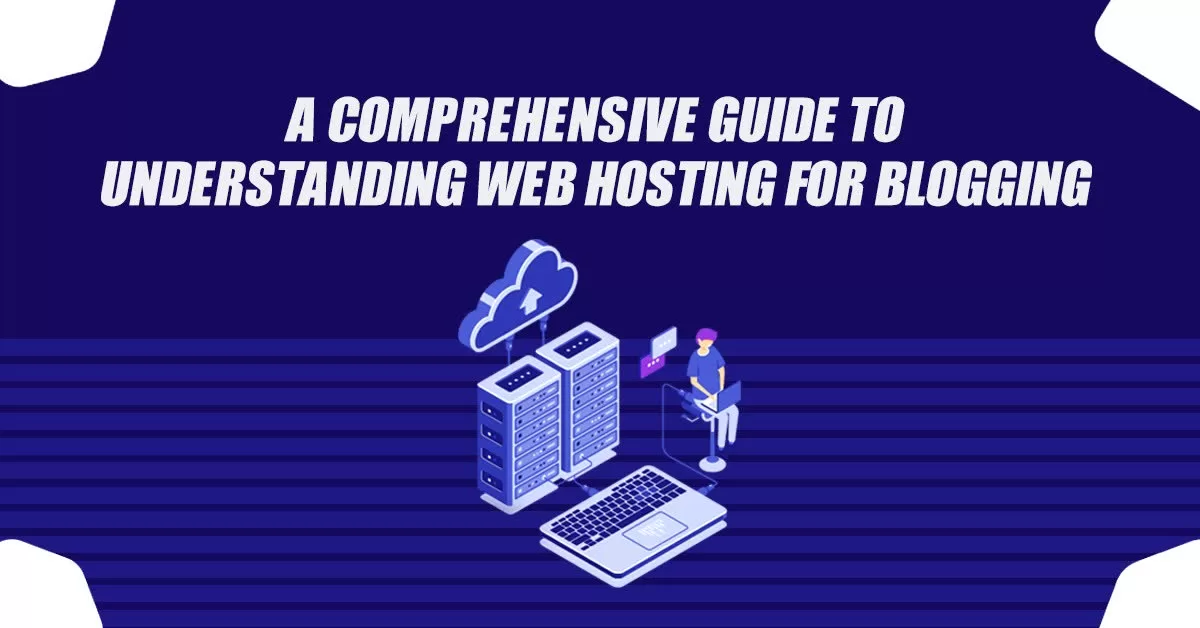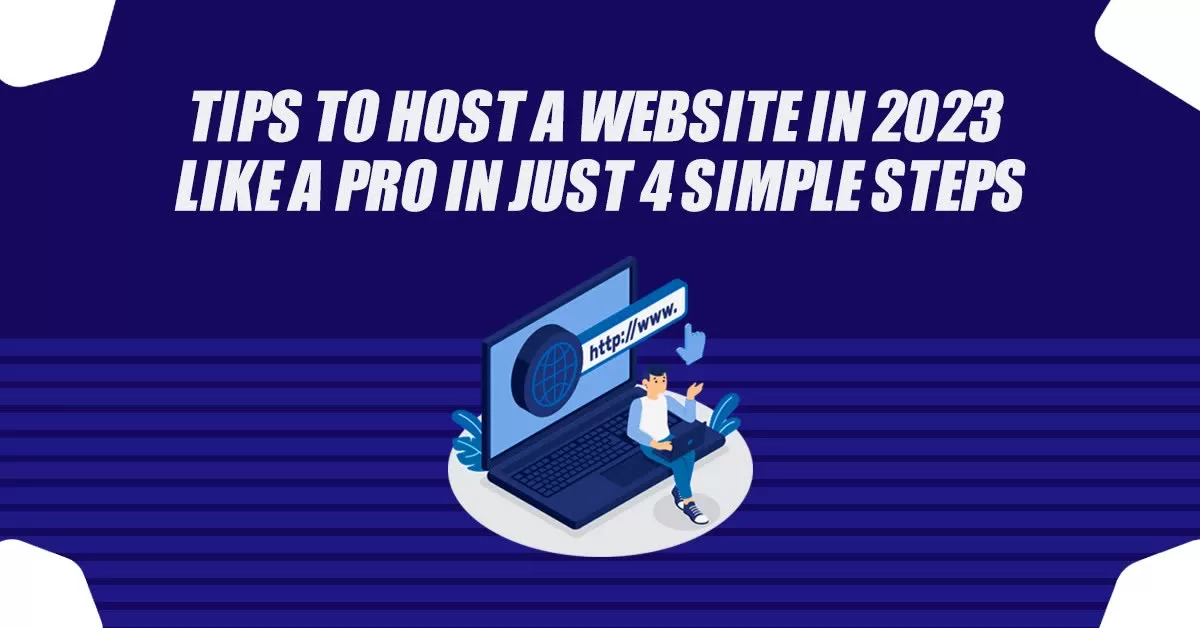Safeguarding Your Business Against Ransomware Attacks All About Unpatched VMware ESXi Servers
Ransomware is a malicious type of software that is used to extort money from victims by encrypting their data and demanding payment for its release. This type of attack has become increasingly common in recent years, with a recent ransomware attack targeting the popular VMware ESXi servers used by hosting service providers. In this blog post, we will provide an overview of ransomware and its effects, as well as an in-depth look at the ESXiArgs ransomware attack, its potential vulnerabilities, and what technical measures can be taken to mitigate it. We’ll also provide tools and resources to help protect against ransomware attacks.
What is Ransomware?
Ransomware is malicious software that is used to lock users out of their digital devices or networks until they pay a ransom. It is mostly used by cybercriminals to make money, but it can also be used as a form of political protest. When ransomware is installed on a device or network, it encrypts all the files and data stored on it and then demands payment in exchange for the decryption key.
Ransomware can have a serious impact on its victims, especially if it is used to target a hosting service provider. Not only can the data stored on the infected device or network be lost forever, but the malicious software can also spread to other systems, putting other users at risk. Additionally, those who pay the ransom may never receive the decryption key, and their data is still at risk of being lost. It is important for users to secure their systems by keeping them up-to-date and backed up, as this can help protect them from ransomware attacks.
How Does A Ransomware Attack Work?
Recently, a massive ransomware attack has been targeting unpatched VMware ESXi servers, leaving many hosting service providers vulnerable to malicious hackers. Ransomware is a type of malicious software that encrypts data or locks computer systems for the purpose of extorting money from victims. It is important to understand how ransomware works and the steps it takes to encrypt a system.
Ransomware is typically delivered through email phishing campaigns. It could also be installed through malicious websites, software downloads, or even via USB flash drives. Once the ransomware is installed, it will begin to scan the system for files and encrypt them using a code that only the hacker knows. The encrypted files will be inaccessible until the victim pays a ransom to the hacker.
If a system is infected with ransomware, it is important to take immediate action. The first step is to disconnect the system from the network and any other connected devices. The next step is to back up any important files that have not already been encrypted. Finally, it is best to consult a professional to see what steps should be taken to remove the ransomware and restore the system.
What Is VMware ESXi And Why Is It Vulnerable To Ransomware Attacks?
VMware ESXi is a virtualization and cloud computing platform designed to run on physical servers. It allows administrators to manage multiple operating systems and applications on a single server, helping to reduce hardware, energy, and maintenance costs. Unfortunately, VMware ESXi is vulnerable to ransomware attacks due to its lack of security patches.
Ransomware is a type of malware that encrypts files, making them inaccessible to users. In the case of VMware ESXi, attackers exploit the lack of security patches to gain access to the system and install ransomware. Once installed, the ransomware will encrypt the user’s data and demand a ransom for its release.
For hosting service providers, VMware ESXi is a crucial tool for setting up virtual servers. By leveraging the cloud computing capabilities of the platform, service providers can deliver a wide range of services to their customers. However, the risk of ransomware attacks has made it necessary for hosting service providers to ensure that their VMware ESXi servers are properly patched and secured against such threats.
New ESXiArgs Ransomware
A new strain of ransomware, called ESXiArgs, is targeting hosting service providers running VMware ESXi systems. This is a particularly insidious form of ransomware since it is designed to exploit unpatched vulnerabilities in the ESXi operating system. By taking advantage of these flaws, ESXiArgs can disable the server, encrypt all data and then demand a ransom payment to restore the server and data.
ESXiArgs ransomware is different from other ransomware attacks in that it specifically targets hosting service providers. By exploiting vulnerabilities in the ESXi operating system, ESXiArgs can disable the server, encrypt all data, and demand a ransom payment to restore the server and data. Additionally, ESXiArgs is unique in that it requires an initial payment to the attacker in order to unlock the encrypted data.
It is important for all businesses and organizations to understand how serious ransomware attacks can be and take steps to ensure that their systems are guarded against them. Ransomware attackers have been known to target vulnerable systems with relentless determination, often leaving companies and individual users facing hefty bills or even complete system wipes if they do not pay up. By making sure all systems are kept up-to-date with the latest patches and security updates, organizations can reduce the risk of attack significantly. Additionally, regularly training staff on potential threats is another way to help mitigate risk.
ESXiArgs Technical Details
A new variant of ransomware, dubbed ESXiArgs, has been discovered recently targeting unpatched VMware ESXi servers. The ransomware encrypts data stored on the server, preventing its use unless a ransom is paid. It is believed to be delivered through an exploit of the unpatched server, allowing hackers to gain access and deploy the malicious payload.
ESXiArgs works by encrypting data stored on the server, making it impossible to access until a ransom is paid. It is believed to be delivered via an exploit of the unpatched server, allowing the hackers to gain access and deploy the malicious payload. The ransomware encrypts data with a strong encryption algorithm, making it nearly impossible to decrypt without the encryption key.
To protect against ESXiArgs ransomware, hosting service providers should ensure that their servers are up to date with the latest security patches. Additionally, administrators should monitor for any suspicious activity on the server and back up data regularly to ensure that it can be recovered in the event of an attack. Lastly, users should take steps to ensure that their data is encrypted and stored in a secure location to minimize the risk of losing access to their data.
How to Protect Yourself from Ransomware Attacks
The recent massive ransomware attack targeting unpatched VMware ESXi servers has been a wake-up call for hosting service providers to ensure they have taken the necessary steps to protect their customers. To protect yourself from ransomware attacks, it is important to have the right tools and resources in place. These include firewalls, anti-malware software, and regular backups of your data. Additionally, you should ensure that all your operating systems, software, and applications are regularly updated and patched. Finally, you should be aware of phishing emails and other scams that are designed to infect your computer with malicious software.
In the case of the ESXiargs ransomware attack, it is critical that organizations apply the latest patches to the VMware ESXi software. The patches address the vulnerability that is being exploited by the attacker, making it much harder for them to gain access to the virtual machines. Organizations should also take the following steps to protect themselves from this attack:
- Back up important data and virtual machines: Regularly backing up important data and virtual machines is one of the most effective ways to protect against a ransomware attack. In the event of an attack, organizations can restore their virtual machines and data from the backup, minimizing the impact of the attack.
- Implement multi-factor authentication: Implementing multi-factor authentication can make it much harder for attackers to gain access to systems. This added layer of security can be applied to both physical and virtual machines, adding an extra layer of protection.
- Monitor network activity: Monitoring network activity can help organizations detect any suspicious activity on their network. This can include unusual network traffic, login attempts from unknown IP addresses, and unauthorized access to virtual machines.
- Implement security software: Implementing security software such as antivirus, firewalls, and intrusion detection and prevention systems can help organizations detect and prevent attacks. These tools can help organizations identify and block malicious traffic, reducing the risk of a successful attack.
- Train employees on security best practices: Training employees on security best practices can help organizations reduce the risk of a successful attack. This can include training employees on how to identify phishing emails, how to handle sensitive information, and how to report security incidents.
Conclusion
The recent ESXiArgs ransomware attack highlights the importance of keeping systems up-to-date and secure. Hosting service providers should ensure that their VMware ESXi servers have the latest security patches applied, as well as use additional measures such as firewalls and monitoring solutions to help detect and prevent ransomware attacks. Additionally, regularly backing up data and keeping security software up to date can help protect against data loss due to ransomware attacks.
The ESXiArgs ransomware attack specifically targets unpatched VMware ESXi servers and exploits the vulnerability CVE-2021-21974. Admins and hosting providers must take immediate action to disable the vulnerable SLP service and apply the available patch to prevent a compromise. Those who have already been affected should follow the guide provided by the security researcher to rebuild their virtual machines and recover their data.



































